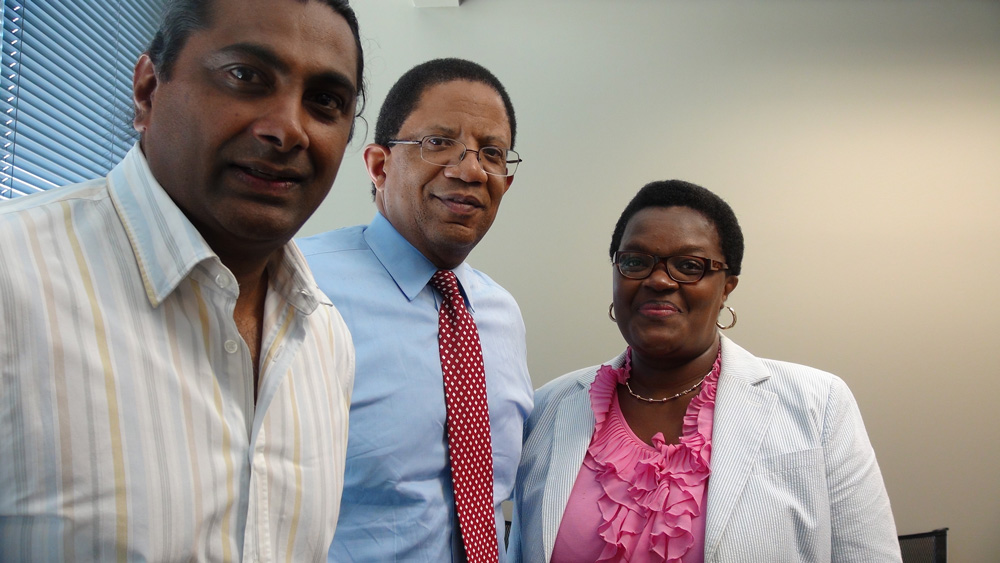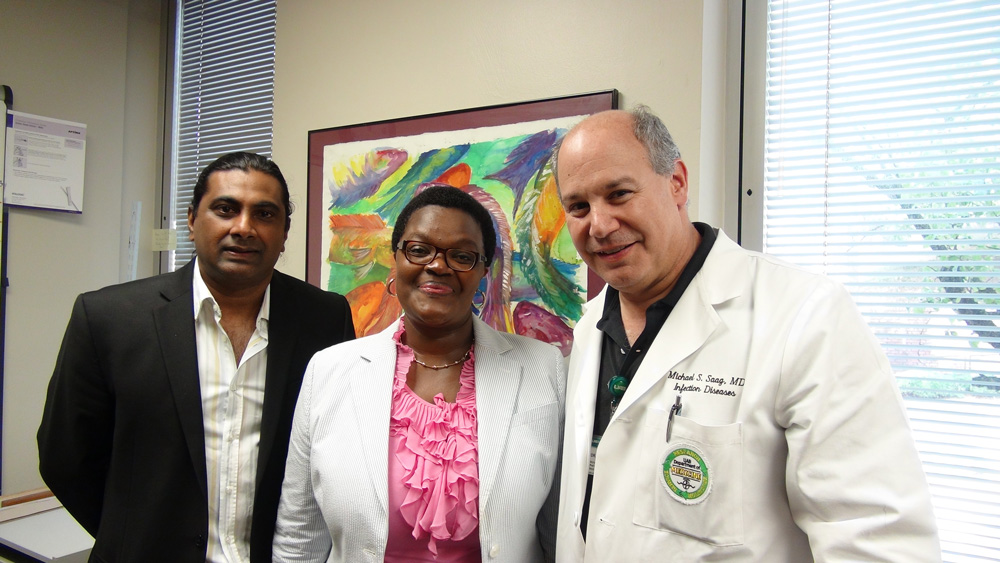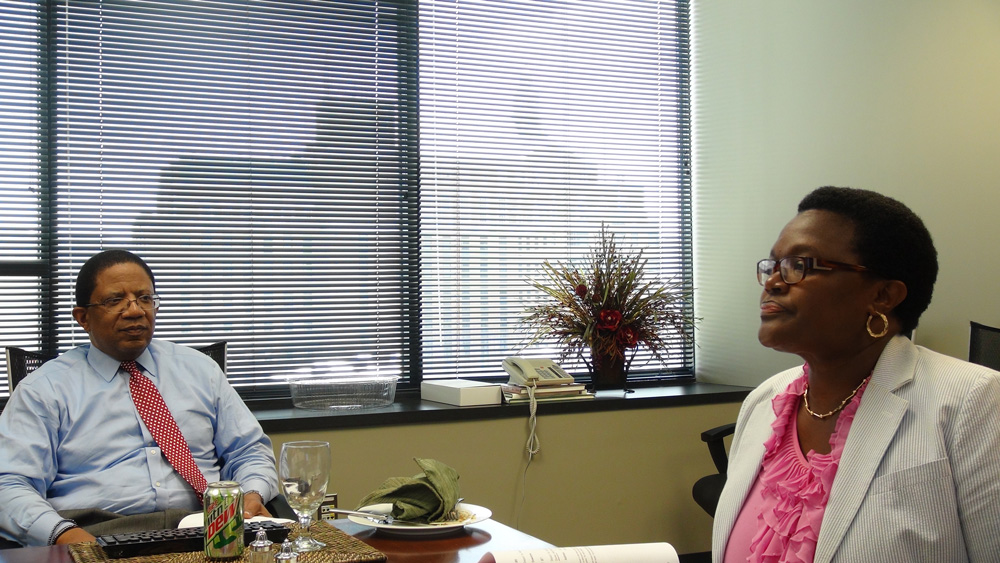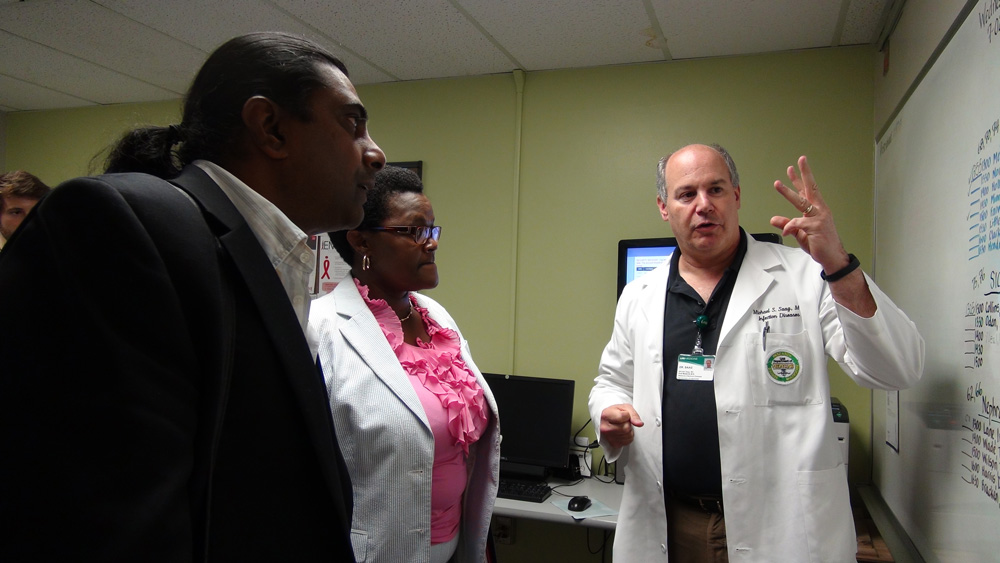If you read my message this past February you know that a turtle on a fence post is a symbol of achievement. It represents dedication, determination, hard work and a lot of assistance.
The School of Medicine’s fence post is accreditation, and the Liaison Committee for Medical Education notified UAB President Ray Watts on Monday that the School of Medicine has received the full eight-year accreditation, the highest level of accreditation any medical school in the U.S. can receive.
Many people helped raise us to the top, including former dean and senior vice president, and now UAB President, Dr. Ray Watts and interim dean and SVP Dr. Anupam Agarwal. For more than two years, Drs. Bob Rich, Hughes Evans, Laura Kezar, Craig Hoesley and Kristina Pannizi Woodley led a small army of faculty, administrators and students in preparation for the intensive March site visit by the LCME.
The accreditation is not to be taken lightly. Medical schools rarely go through the reaccreditation process without receiving several citations, and many excellent medical schools receive less than a full eight years of reaccreditation, including several that have been placed on probation. Schools on probation must spend substantial resources improving programs and systems, and are required communicate their probationary status to all prospective students and faculty recruits.
This year, we received only two citations, down from eight during our last accreditation in 2006.
Furthermore, the LCME commended UAB in two key areas: the diverse scope of medical electives our students are encouraged to explore and the present and anticipated financial stability of the institution that enables us to carry out our mission.
Areas that need improvement include audio upgrades in our lecture halls and consistent distribution of honors grades across all clerkships. The LCME noted our efforts to increase diversity in our faculty, especially by recruiting and retaining more women, which the accrediting body will continue to monitor. The LCME also noted that we need to increase “self-directed or active learning” while decreasing the number of hours students spend in lectures.
Full accreditation is a point of pride, and with only two citations they set a bar for excellence – for our campus and for the state of Alabama. It is further evidence of our excellence in medical education, which sets UAB apart from other medical providers in the region. However, the top of the fence post is no place to rest. It takes more hard work and dedication to stay on top, and even more effort to reach new heights, but I am confident we will get there with much help from all of you.
From South Africa to Birmingham
I also had the opportunity to meet with Dr. Nomonde Xundu from the RSA’s Ministry of Health and Dr. Rubin Pillay, a South African physician and a new UAB visiting professor in the Collat School of Business. We had a great discussion about ways UAB can help the South Africans improve delivery of care. We can also take lessons from South Africa and apply them to our research and delivery of care to the people of Alabama. Drs. Xundu and Pillay also spent time at the 1917 Clinic with Dr. Mike Saag, learning how one of the most advanced HIV/AIDS clinics in the world functions. These meetings lay the foundation for new research partnerships and out global health initiatives at UAB.
In addition, next week we will welcome a visit from Dr. Glenda Gray, executive director of South Africa’s Medical Research Council, that country’s equivalent of our NIH. She will be at the School of Medicine to discuss potential research collaborations. The School of Medicine already has a presence in South Africa, with Dr. Adrie Steyn leading tuberculosis research at K-RITH. I look forward to exploring more ways the two countries can work together.




